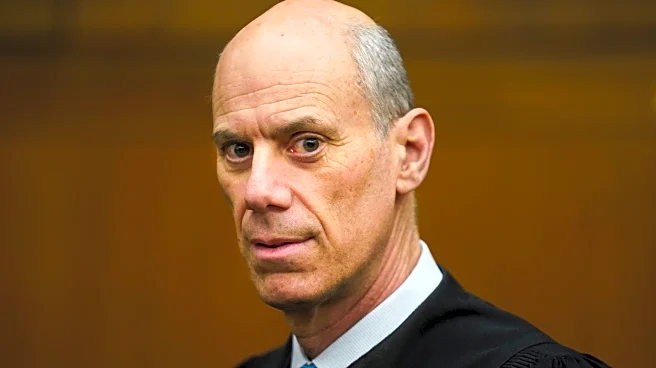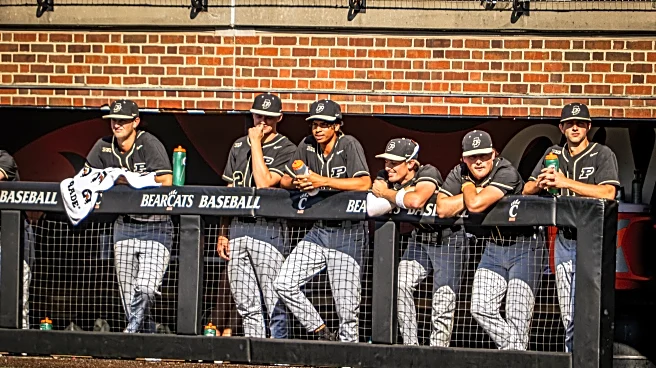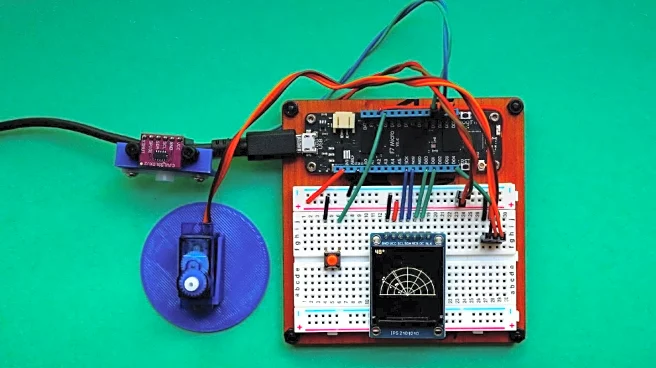What's Happening?
The Rapid Support Forces (RSF), a paramilitary group in Sudan, has agreed to a humanitarian ceasefire proposed by a U.S.-led mediator group known as the Quad. This decision follows the RSF's takeover of el-Fasher, a city that has been under siege for
over 18 months. The RSF's truce aims to address the severe humanitarian crisis caused by the conflict and facilitate the urgent delivery of aid. Despite the ceasefire agreement, the Sudanese military has not yet responded, and tensions remain high as the RSF faces international criticism for alleged mass killings.
Why It's Important?
The ceasefire agreement is significant as it could potentially alleviate the humanitarian crisis in Sudan, where millions face acute food shortages. The conflict between the RSF and the Sudanese military has displaced thousands and led to severe famine conditions. The truce, if successful, could pave the way for further negotiations towards a permanent ceasefire and a transition to civilian rule. However, the RSF's history of violating previous ceasefires raises concerns about the durability of this agreement.
What's Next?
The international community, including the United Nations, is closely monitoring the situation. The RSF has expressed willingness to discuss the root causes of the conflict and work towards a lasting peace. Meanwhile, the Sudanese military demands the RSF's withdrawal from civilian areas and disarmament as conditions for a truce. The outcome of these negotiations will be crucial in determining the future stability of Sudan.
Beyond the Headlines
The conflict in Sudan highlights the complex interplay of power dynamics and the challenges of achieving peace in regions with entrenched military and paramilitary influences. The humanitarian crisis underscores the urgent need for international intervention and support to prevent further deterioration of living conditions for millions of Sudanese civilians.















